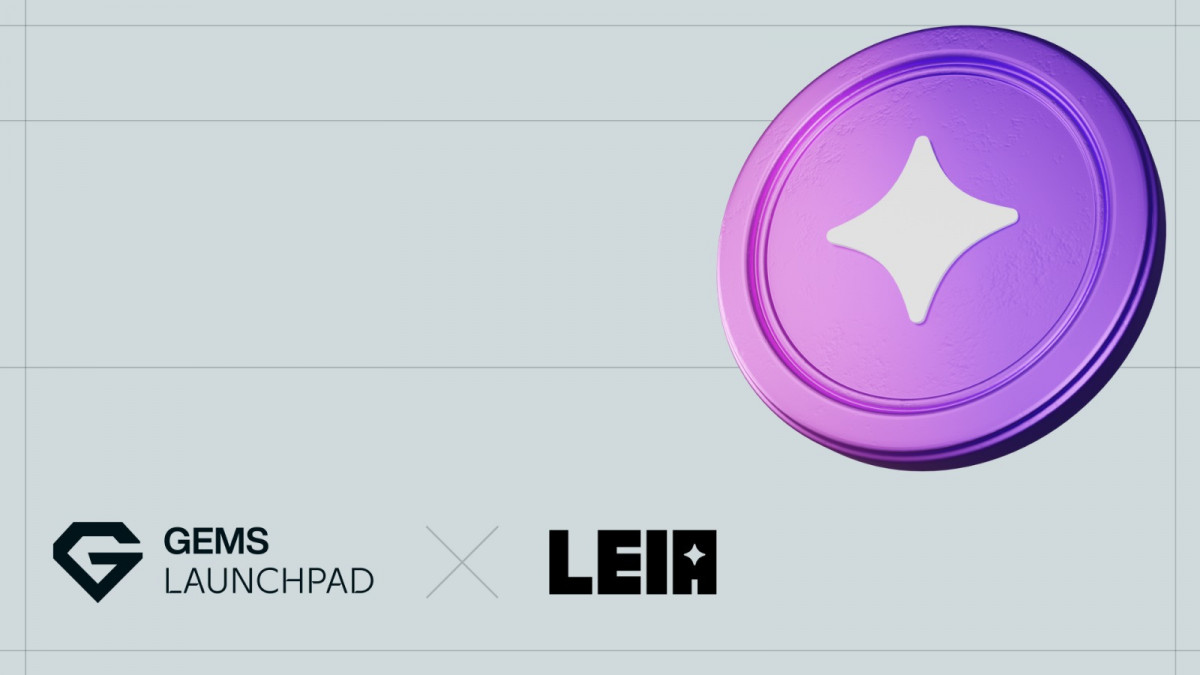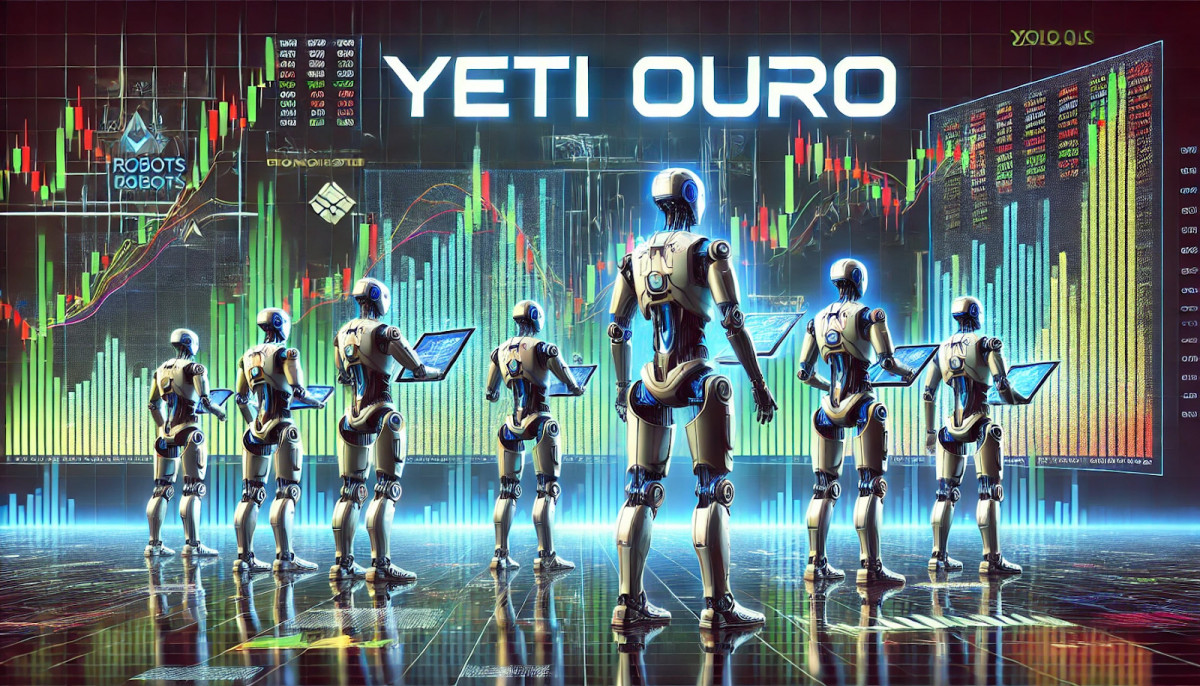Quick take:
- Stardust has raised $30 million in a funding round led by Framework Ventures.
- The Series A round also attracted participation from Acrew Capital, Blockchain Capital and Distributed Global.
- The Palo Alto, CA-based crypto-gaming creator platform was founded in 2018 by Canaan Linder, a former engineer at Bloomberg LP.
Stardust has announced a $30 million funding round led by Framework Ventures. The Series A round also attracted participation from Acrew Capital, Blockchain Capital and Distributed Global.
Stardust is a web3 game creation platform that allows developers to build virtual games on blockchain platforms like Solana and Polygon. The company was founded in 2018 by CEO Canaan Linder, who previously worked as an engineer at Bloomberg LP.
Although Stardust did not disclose its valuation following the fundraising, it said that it was higher than the previous round. The company has raised a total of $36.7 million through October 18. Framework Ventures also participated in a previous seed round.
The company’s latest funding comes at a time when venture capital activity has slowed down amid the crypto downturn. However, Michael Anderson, co-founder of Framework Ventures said his firm invested in Stardust because he believes the platform has the potential to onboard more users to blockchain gaming, including mainstream gamers.
Stardust offers “the level of infrastructure that will be able to bridge web2 gamers and web3,” he said.
Linder, who cited CryptoKitties as the inspiration behind Stardust said the company has grown into a team of 40 people. The game leverages blockchain technology to enable crypto elements like NFTs.
Stardust makes money from monthly fees charged to game creators per player, as well as, fees for each blockchain transaction.
Although traditional gamers continue to resist the temptation to jump on the blockchain gaming bandwagon, Linder believes that they will play a crucial part in taking web3 gaming to the next level.
Since play-to-earn games started to dominate headlines, several mainstream game companies have introduced NFTs to their gaming ecosystems. However, some like GSC and Ubisoft have been forced to walk back plans amid backlash from their communities.
But now, blockchain game companies think there is a better bridge, like the one created by Stardust. Essentially, these platforms allow web2 games to offer web3 features to their users without compromising on the quality of their games.
Other mechanisms like play-and-earn and play-and-own are also gaining traction as they provide a more conservative approach to tokenomics in gaming.
Stay up to date:
Read More: news.google.com









 Bitcoin
Bitcoin  Ethereum
Ethereum  Tether
Tether  XRP
XRP  Solana
Solana  Dogecoin
Dogecoin  USDC
USDC  Cardano
Cardano  Lido Staked Ether
Lido Staked Ether  TRON
TRON  Avalanche
Avalanche  Sui
Sui  Wrapped stETH
Wrapped stETH  Toncoin
Toncoin  Chainlink
Chainlink  Stellar
Stellar  Shiba Inu
Shiba Inu  Wrapped Bitcoin
Wrapped Bitcoin  Hedera
Hedera  Polkadot
Polkadot  WETH
WETH  Bitcoin Cash
Bitcoin Cash  LEO Token
LEO Token  Uniswap
Uniswap  Hyperliquid
Hyperliquid  Litecoin
Litecoin  Pepe
Pepe  Wrapped eETH
Wrapped eETH  NEAR Protocol
NEAR Protocol  Ethena USDe
Ethena USDe  USDS
USDS  Internet Computer
Internet Computer  Aptos
Aptos  Aave
Aave  Mantle
Mantle  Cronos
Cronos  POL (ex-MATIC)
POL (ex-MATIC)  Render
Render  Bittensor
Bittensor  Ethereum Classic
Ethereum Classic  MANTRA
MANTRA  Monero
Monero  Artificial Superintelligence Alliance
Artificial Superintelligence Alliance  Virtuals Protocol
Virtuals Protocol  Tokenize Xchange
Tokenize Xchange  Dai
Dai  Arbitrum
Arbitrum